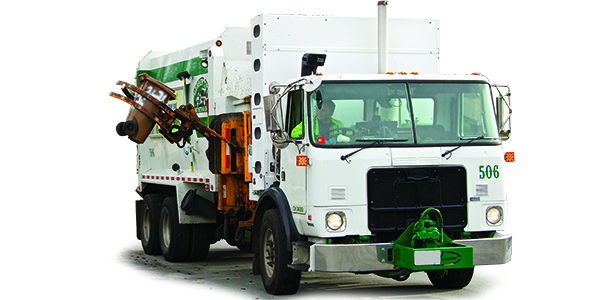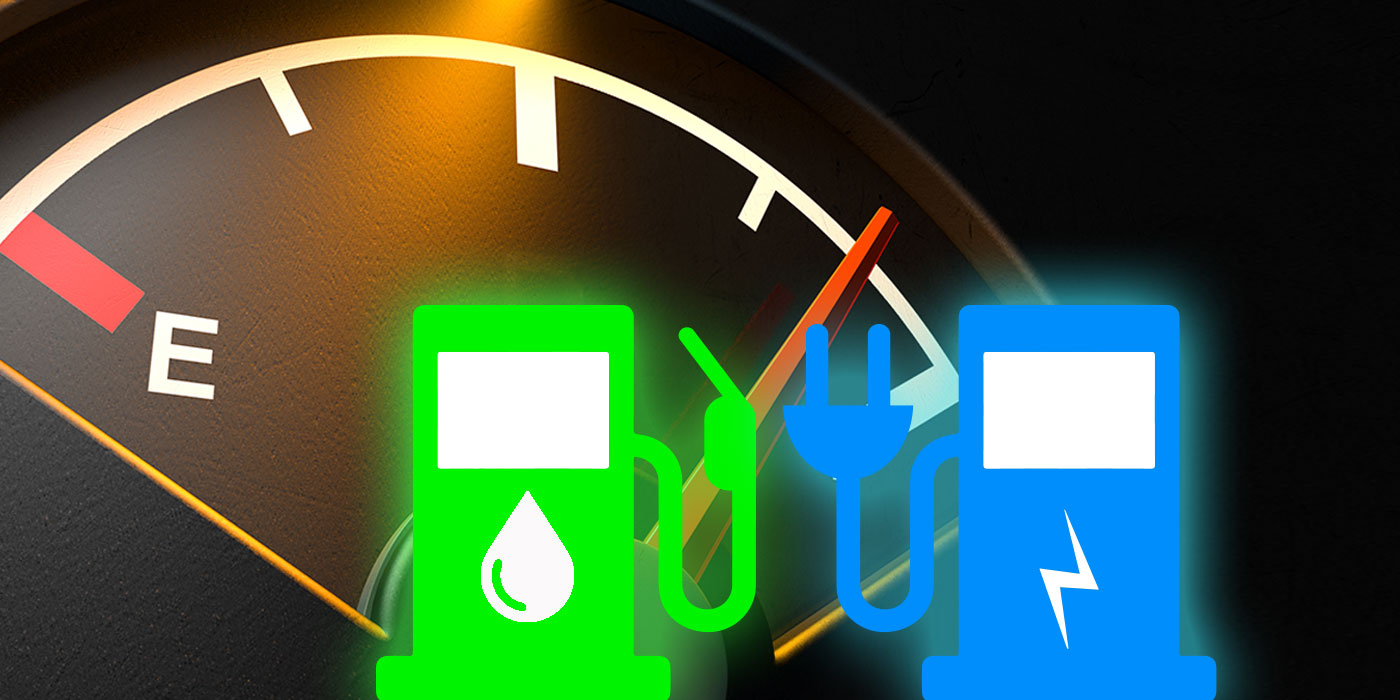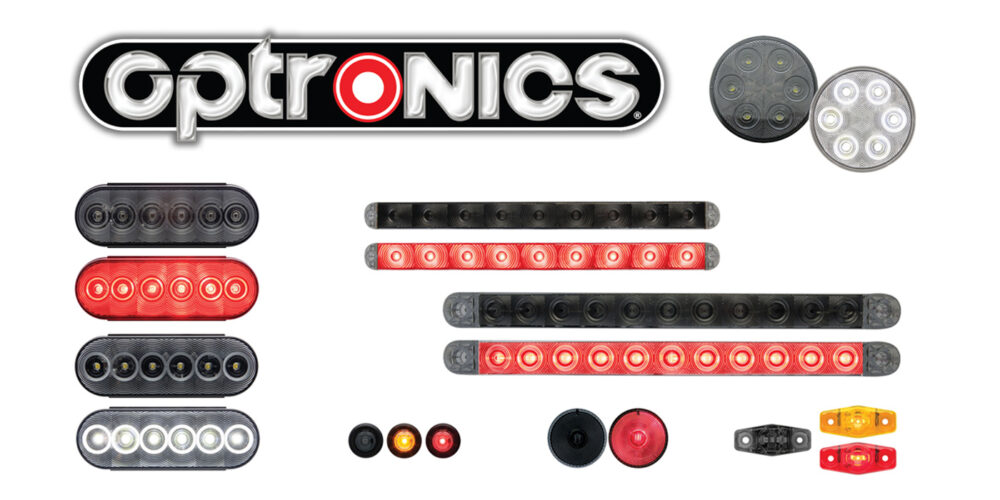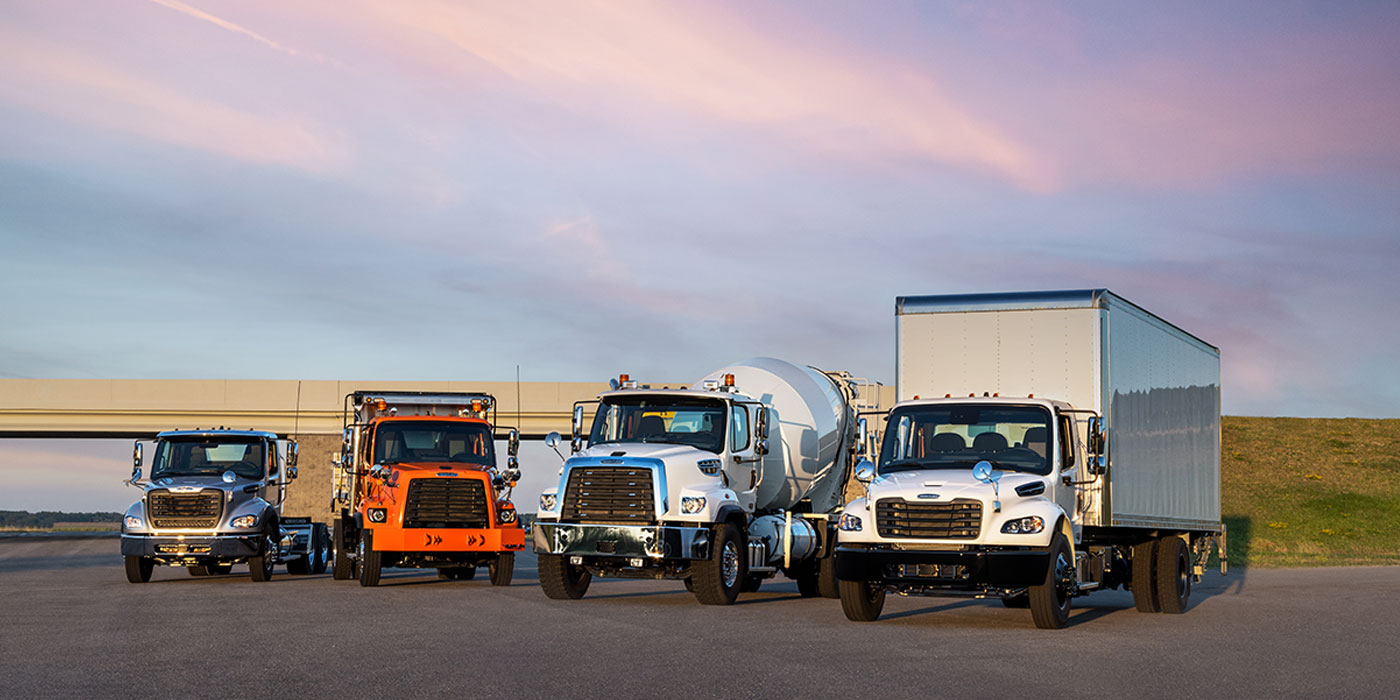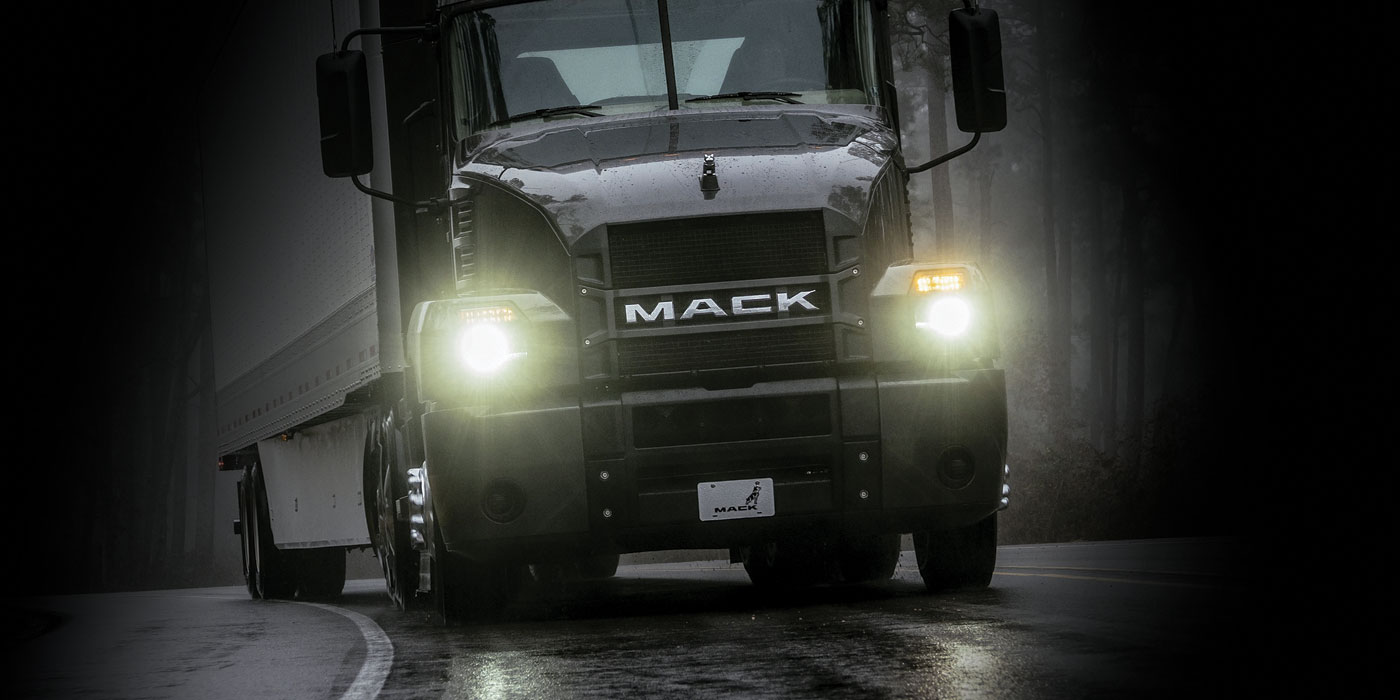If you’ve ever observed a waste haul truck on the road, you can probably point to some of the major reasons that the tires tend to have such a short lifespan. Not only do they withstand the mileage, potholes and driving stresses of every other tire, but they are constantly driving, stopping, scraping up against curbs and rolling over debris that any other truck wouldn’t come near.
Driving so close to the curb and going over, around and through piles of refuse that could easily conceal a road hazard make curbing damage and punctures a daily fact of life, says Matt Schnedler, retread product marketing manager of Bridgestone Commercial Solutions.
“(Most truck fleets) will measure the wear-out in terms of miles, and it’s hundreds of thousands of miles and in terms of years,” Schnedler says. “Typically, waste fleets can wear out a set of tires in three to six months. Some waste fleets measure them in terms of hours.”
At the other end of the spectrum, waste haul fleets tend to get major return from retreading compared to over-the-road truck fleets.
“One big difference between waste haul tires and other types of tires is the typical number of times a casing is retreaded,” says Helmut Keller, Continental’s head of brand and product management for commercial vehicle tires in the Americas. “A waste haul tire is retreaded until it is no longer possible, which could be three to 10 times.
According to Tom Clauer, Yokohama Tire manager of commercial and OTR product planning, the type of miles and the brutal conditions for tread on waste haul routes, along with a casing that is designed to be much tougher, can lead to an improvement in the total number of retreads each tire can take.
“Waste tires, by nature, experience much more damage than any other industry segment. Retreadability is directly related to how much damage the tires have been subjected to and the integrity of the casing being considered for retreading,” Clauer says.
As much as any type of tire on the road, the economics of retreading play a major role in achieving lower long-term costs for waste fleets. A number of factors can come into play that can mean a long-term, per-mile (or per-hour of operation) cost that is vastly different from the up-front cost of the tire. Preventative maintenance, proper casing repair and knowing the perfect time to pull the tire can maximize investments on a per-casing and per-retread basis.
Measuring tire pressures and temperature daily or even twice daily can help extend the life of the tire, says Ryan Butler, Continental’s Midwest region sales manager for commercial vehicle tires. He also says that finding a manufacturer that is willing to be a full partner can be a crucial advantage for fleets.
While excessive heat buildup can be a problem for any tire, it represents one of the most serious hazards for a waste haul tire. Not only do starting and stopping raise heat directly from the road, the constant braking can heat up the rim, which can damage the tire at the bead. At the same time, the majority of operation time for waste haul trucks is spent at extremely slow speeds, which Schnedler says limits the amount of heat that can be wicked off by airflow.
“When you think about the stopping and starting in that urban environment, there’s just not as much air blowing over those tires as there is going 75 miles an hour down the interstate,” Schnedler says.
With the many decisions that go into maintaining a cost-efficient fleet, having a dealer that can help cut costs, even in small ways, can be a major advantage for operators of waste haul fleets. Schnedler says that there can be a major difference between the needs of a waste haul truck that operates in an urban environment and drops off at a transfer station, and one that spends time in a landfill. While transfer stations are fairly controlled locations, landfills make it necessary to consider off-road traction and increased puncture resistance.
You can read more Tire & Wheel columns from Michael Ingram here.

